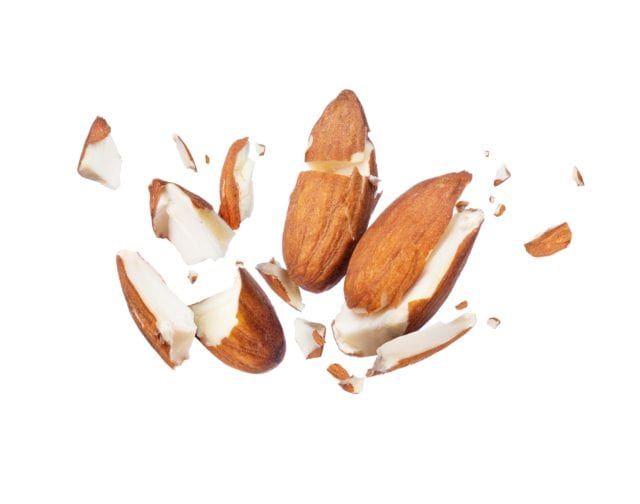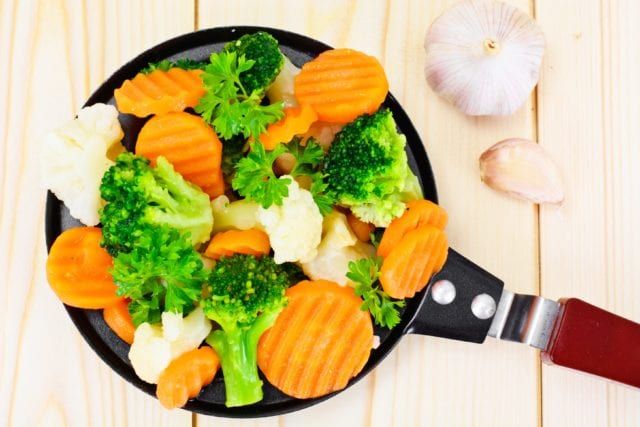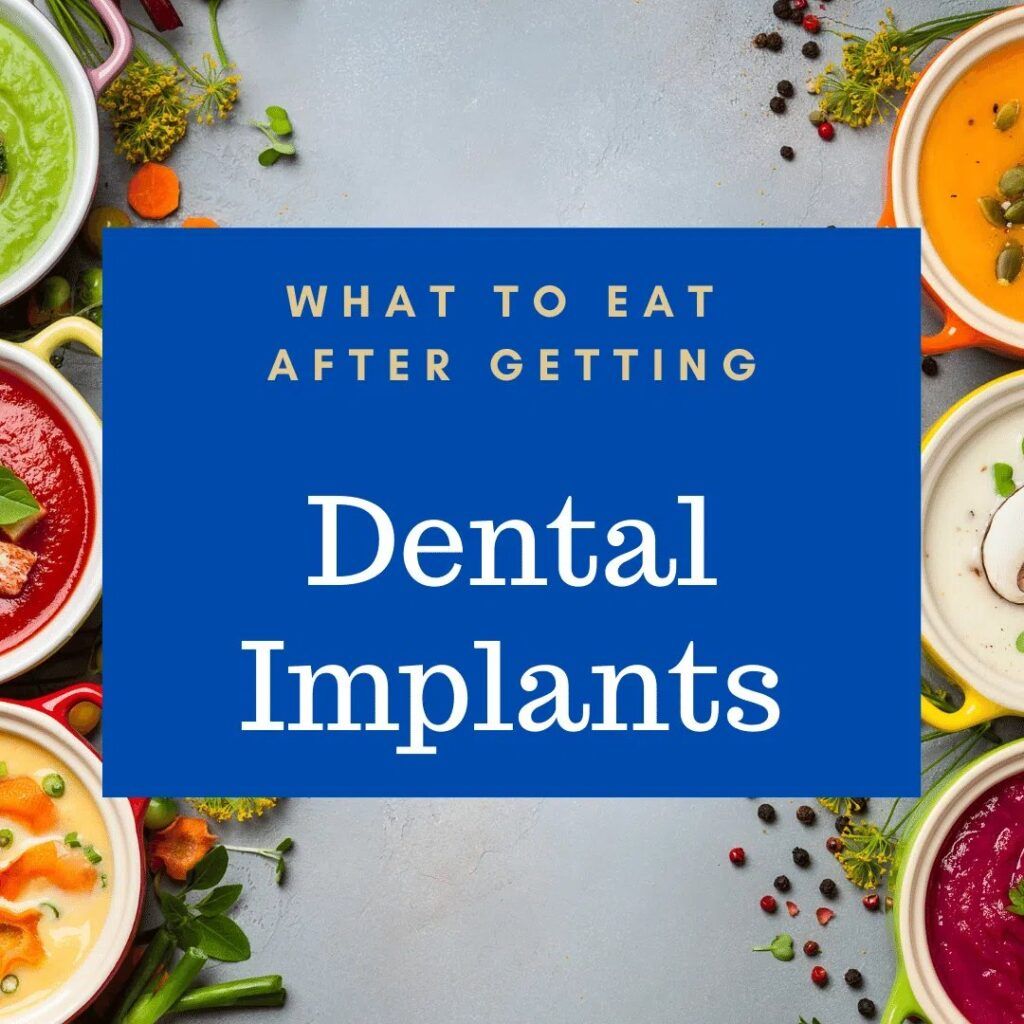After having dental implants placed, you can expect some temporary diet changes during your recovery so that your mouth can heal properly. This is because some foods and beverages can be detrimental to the healing process and will need to be temporarily avoided. Although dietary restrictions can be frustrating, keep in mind that they are only temporary. Let’s take a look at some of the foods you will need to avoid, as well as some foods that you can eat after having dental implants placed.
What to Avoid:
During your recovery process, you will need to avoid any foods that can negatively affect the healing process. In order to heal properly, dental implants must fuse with the surrounding bone in a process known as osseointegration. This means that dental implants cannot withstand large amounts of force, otherwise they are more likely to fail.

- Hard Foods: foods that are very hard such as candies, nuts, pretzels, dried fruit, and crunchy vegetables require a large amount of biting or chewing force that a newly placed dental implant is not strong enough to support. This can cause the implant to fail and need to be removed. Additionally, eating hard foods after having a dental implant placed can cause severe discomfort since your mouth is still healing.
- Chewy Foods: any food that requires more than a couple rounds of chewy is considered to be a possible issue. Some examples can include salads, bread rolls, red meat, cookies, gummies, and chewing gum. Chewy foods can cause the implants to pull away from the gums and can also cause the implant to shift.
- Foods that Fragment: while all food breaks down into smaller pieces, some foods fragment more than others and can leave behind dangerous debris. For example, popcorn, seeds, and chips can break down into sharp, tiny pieces that can get lodged between the teeth or cause damage to the healing gum tissue. For these reasons, it is best to avoid them.
- Hot Foods or Beverages: foods or beverages that are excessively warm in temperature can cause discomfort while your mouth heals. Additionally, hot foods and beverages can also encourage bleeding, especially in the days immediately following surgery.
What to Eat:
During the first week of recovery, your implant dentist advises you to eat soft, cool foods that will not cause excess discomfort. After the first week, you may be able to start gradually eating harder foods with your dentist’s approval.

- Grains and Starches are soft and filling. These include foods like oatmeal, soft cereals, soft bread, noodles, rice, grits, or mashed potatoes.
- Soft Fruits and Vegetables are a good way to stay healthy while recovering from dental implant surgery. Some examples of soft fruits include: bananas, peaches, nectarines, melons, and berries. However, be sure to cut up these fruits into small, bite-sized pieces first. When it comes to vegetables, cooking and steaming them is the best way to make them softer and safer to eat. Some good vegetables to eat after getting dental implants include broccoli, carrots, and squash.
- Protein sources such as eggs, fish, seafood, beans, milk, yogurt, and cheese are all good foods to eat after having implants placed. Eventually, you will also be able to work your way up to red meat or poultry. You may also eat soups that contain soft meat.
- Water is essential after dental implant surgery because it will help flush your system clear of any dental sedation. Staying hydrated after surgery is important to avoid a dental sedation “hangover”. As you recover, staying hydrated is also beneficial to your overall health.

